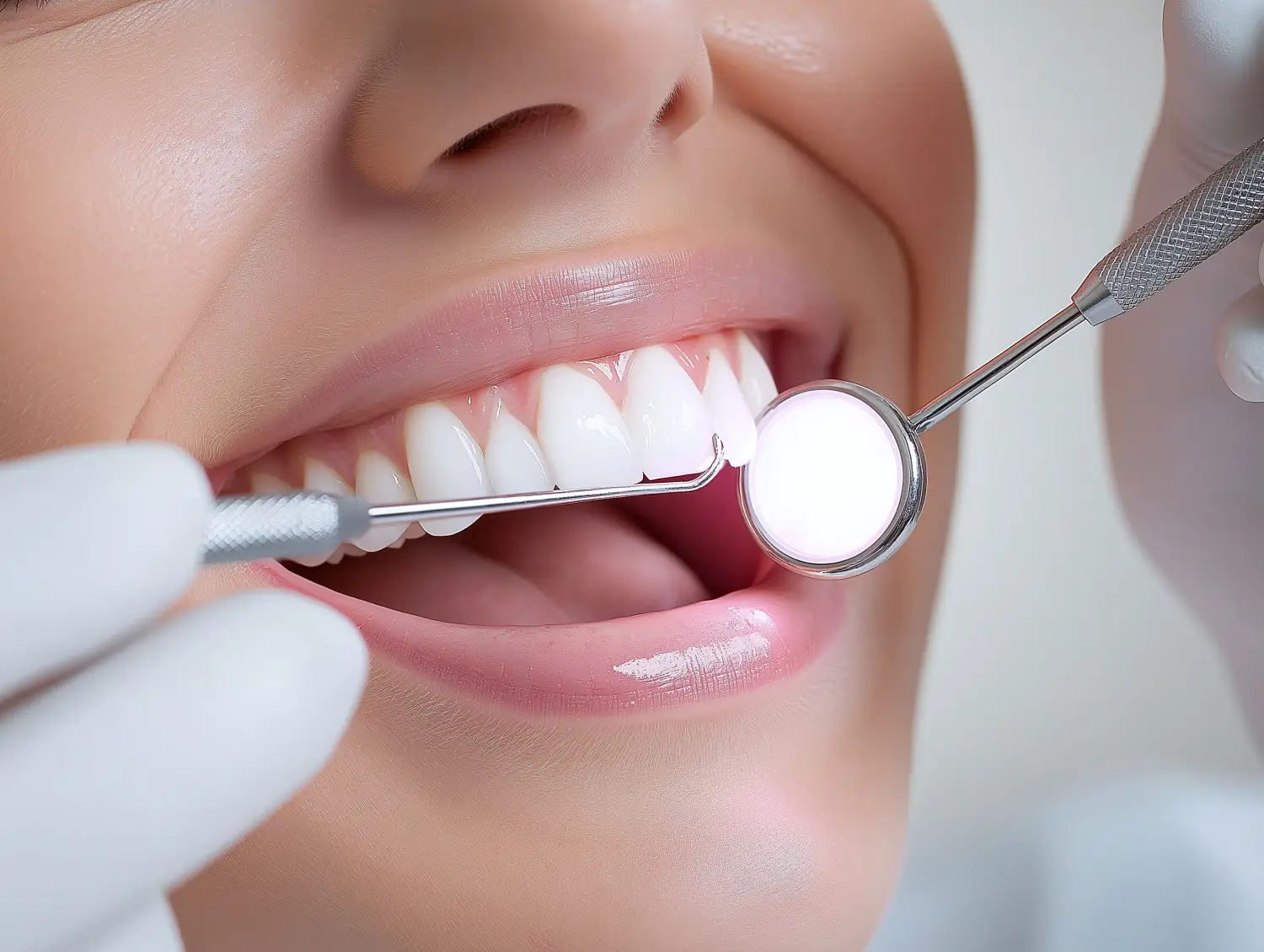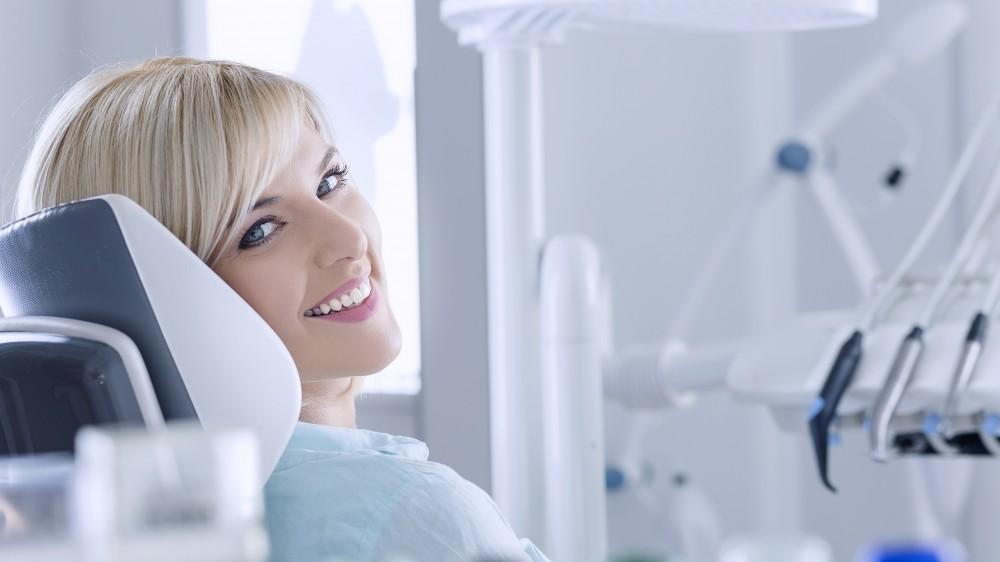
Why Dental Cleanings Are Essential
Scheduling a regular dental cleaning in Orlando is important because it will keep your teeth and gums healthy. You probably know this much, however, the benefits do not just stop there. When we think of our oral health, we sometimes fail to recognize how it actually impacts our overall health. Often, when your oral health is in poor condition it can signify another health issue. Not only that, during your dental cleaning, your dentist can spot issues early on and treat them–before they have a chance to worsen.
A dentist will advise you to schedule a dental cleaning near you every six months or sooner to maintain optimal oral hygiene.
What Happens During Your Dental Visit?
Your appointment is divided into two key components, one is your dental examination and the other is your cleaning or in other words oral prophylaxis.
During your dental checkup, your dentist in Orlando will begin by checking your mouth for cavities. They may take X-rays to detect issues that are not visible to the naked eye. Your dentist will also check for issues like plaque and tartar buildup on your teeth. Plaque is a clear and sticky layer of bacteria that forms on your teeth. When it is not removed it can harden and become tartar. This can lead to oral diseases…Only a dental professional will be able to remove tartar with proper brushing and flossing.
Next, your dentist will check your gums. To measure the depth of the spaces between your teeth and gums, they will use a special dental tool. Patients with gum disease will have pockets that deepen, hence why this step is included in your checkup.
During the checkup portion of the appointment, your dentist will also precisely examine your tongue, throat, face, head, and neck for any abnormalities, or warning signs like redness, swelling or cancer.
Once the examination is complete, it is time for your dentist in Orlando or dental hygienist to begin the actual dental cleaning. First, they will use an ultrasonic instrument to remove large tartar deposits through gentle vibrations which also spray a cooling mist. After the large pieces of tartar are removed, your dentist will begin scaling your teeth using a scaler to remove smaller deposits and smooth out the surface of your teeth. Although scaling is extensive, it is necessary to prevent gum disease from advancing.
The next step involves polishing your teeth, in which case a high-powered electric brush is used to polish the surface of your teeth. This removes any remaining tartar and makes your teeth feel smoother.
Lastly, the appointment will end off with a fluoride treatment. The fluoride gel will be poured into small, flexible trays and placed on your teeth for approximately one minute. Not only does fluoride strengthen your teeth, but it protects them from cavities. Your dentist in Orlando will suggest not eating or drinking for a minimum of 30 minutes’ post fluoride treatment.
Note, the length of your dental appointment is dependent on:
How long ago your last dental cleaning was.
The extent of tartar and plaque buildup on your teeth.
If X-rays are required or not.
Reasons You Should Schedule Regular Dental Cleanings
Well for starters, a regular dental cleaning is a must for every single patient. A dental cleaning near you can provide you with the following significant oral health benefits:
Gum disease prevention
Tooth loss prevention
Brighter smile
Fresher breath
Reduces your risk of serious illnesses like diabetes, stroke, and dementia
Oral cancer detection
Saves you the cost and hassle of extensive dental work since problems are detected and treated early on
Schedule a dental cleaning in Orlando today and reap the amazing benefits!
Related Posts

Welcome to Orlando Center for Cosmetic Dentistry

Teeth Cleaning Aftercare Tips

What Are Dentures? Everything You Need to Know
%20copy.jpg)
Schedule your visit today
We’re here to help you achieve a healthier, more confident smile with precision care and no pressure. Let’s get you started.
